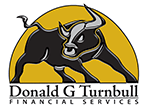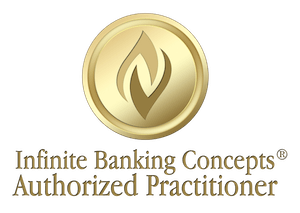Retirement Planning, Estate and Succession Planning
Retirement Planning
While planning for your retirement may seem daunting, all it really takes is some research, realistic and attainable savings goals, plus a long-term vision When you are delving into retirement planning, here are a few points you should consider.
Cash Flow: The Basics
When you retire, you will no longer have a steady, full-time income coming in. But with retirement planning, you need to determine how to shift your cash flow so that you can still enjoy life while accounting for expenses along the way.
First, make sure that you reduce your everyday expenses and maximize your after-tax cash availability by mitigating any unnecessary fees. For example, you can set up automatic payments to avoid late fees and penalties.
Regarding your portfolio, ensure that you have a mix of growth assets plus dividend-producing investments to encourage a passive income stream. With the help of a Certified Cash Flow Specialist, you can determine an appropriate withdrawal rate to ensure that you have enough resources while still seeing growth in your portfolio. Don’t forget about pensions and other sources of income available to you when you turn 65.
Finally, if you feel the need for extra income and a community, consider a part-time job.
Estate Planning
Estate planning lets you indicate how your assets will be allocated in the event you pass away or are incapacitated in such a way to prevent you from making decisions.
Specifically, some of the key aspects to estate planning involve:
- Creating a will and selecting the person, called an executor, who will oversee that the requests in your will are carried out
- Naming beneficiaries for life insurance, RRIFs, pensions, and more
- Indicating how your funds will be distributed, setting up trusts, and bequeathing gifts
- Listing your funeral arrangements
- Arranging for power of attorney to address your investments, assets, and health
Business Owners: Succession Planning
Starting and building your business required years of hard work, dedication, and sacrifices. And when you are ready to retire, you want to help ensure that it stays successful. That means creating a vision for its continuation, known as succession planning. To understand who should take over your business and how that can be accomplished, ask yourself the following questions:
- Are your adult children currently involved in the business and do they want to be involved?
- If multiple family members are involved in the business, who will be given the power to make decisions?
- When will the succession begin and how long will it take? Note that there could be benefits in transitioning the business while you are still living.
- How will you ease your own involvement in the business?
Make sure you discuss your plan with those involved to ensure a smooth transition and a bright future.
Contact me now to schedule an assessment of your situation.




